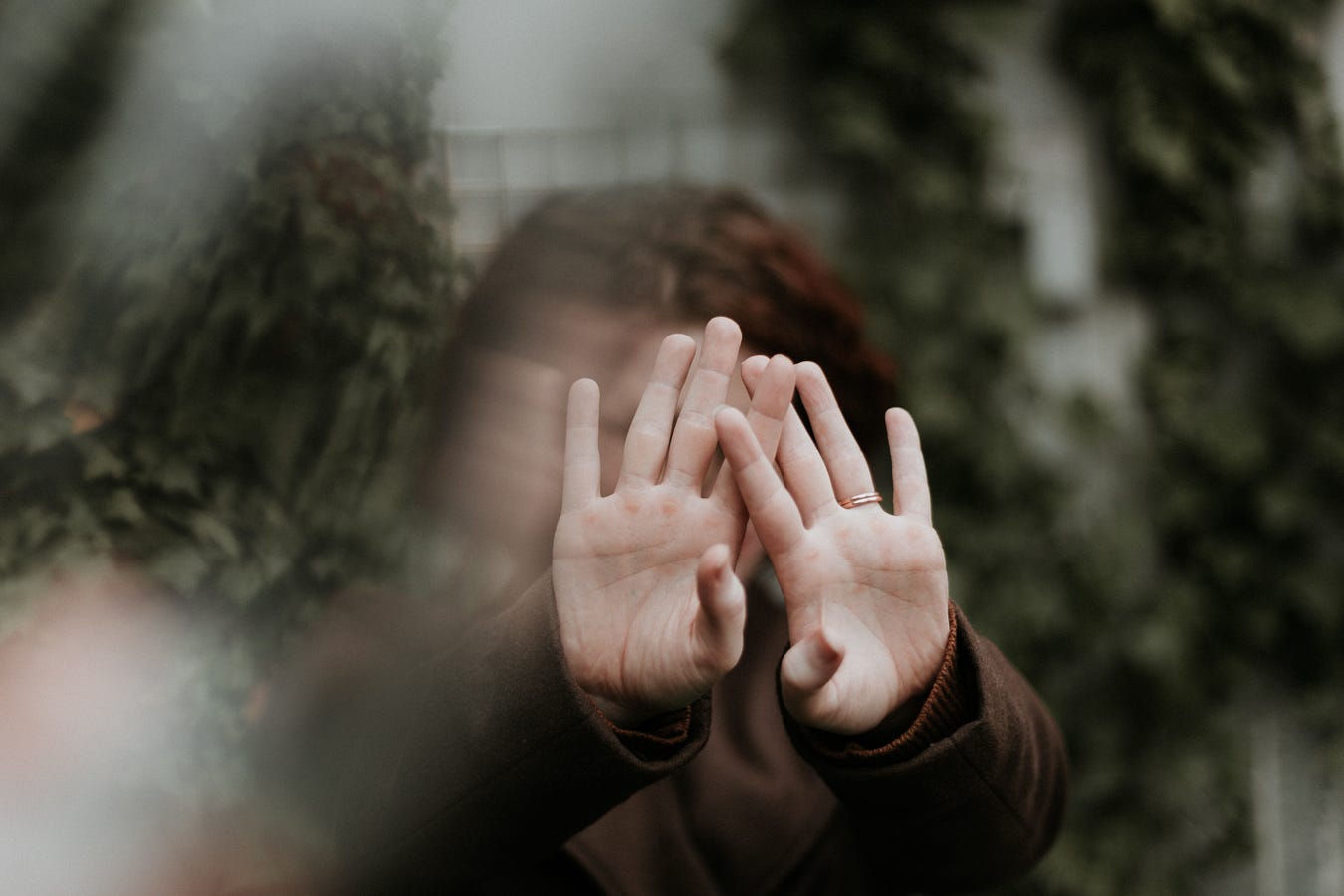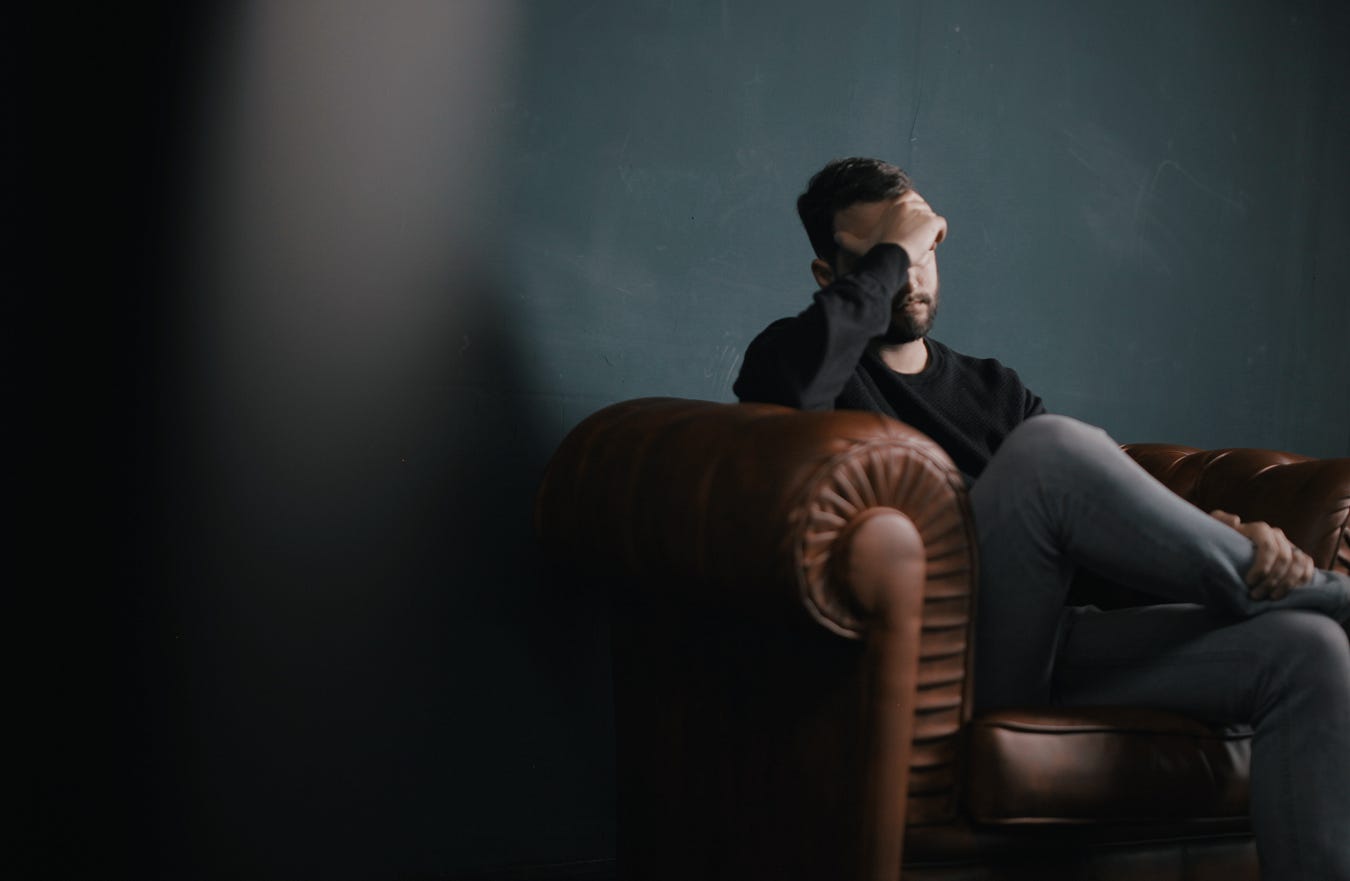The truth is always bitter but we’re all victims of this.
In Australia, estimated that 45% of people experience mental health conditions in their lifetime. According to this study, around 1 million Australian adults have depression, and over 2 million have anxiety.
Globally, more than 264 million people of all ages suffer from depression. It is a main source of inability worldwide and is a significant supporter of the general worldwide weight of illness. The World Health Organization(WHO) estimates a bigger number of ladies are influenced by depression than men which then leads to a tragic suicide.
Close to 800,000 people die due to suicide every year! It is the second leading cause of death among 15 to 29-year-olds. That’s more than 50% of our future.
So what about the rest of the proportion? According to the study of The Centers for Disease Control and Prevention(CDC) estimates that 8.1 percent of American adults ages 20 and over had depression in any given 2-week period from 2013 to 2016.
Let’s break down the topic into a few sub-topics and discuss it in detail.
What is Depression?
Depression (major depressive disorder) is a common and genuine clinical sickness that negatively influences how you feel, the manner in which you think, and how you act. Fortunately, it is likewise treatable. Depression causes sentiments of sadness and or a lost enthusiasm for activities once enjoyed. It can prompt an assortment of emotional and physical issues and can diminish an individual’s ability to function at work and at home.
People often use the word ‘depressed’ when they’re talking about moments or periods of time when they’re feeling sad or down. It’s entirely expected to feel down when you’re experiencing a distressing or troublesome time or the general good and bad times of life. Notwithstanding, on the off chance that you feel low on a bigger number of days than not for a few weeks, or in the event that you truly aren’t sure why you feel so awful, there may be something increasingly genuine going on.
Signs and Symptoms of Depression

Each and every people who encounter depression will have different signs and symptoms, but there are some common ones, which can run from mellow to serious. Numerous individuals don’t understand that depression doesn’t simply influence only somebody’s state of mind — it likewise influences their body.
It may interfere with your daily work, resulting in lost time and lower productivity. It can also influence relationships and some chronic health conditions. The people who are suffering from arthritis, asthma, cardiovascular disease, cancer, diabetes, and obesity can get worse due to depression include.
A portion of the signs and side effects of somebody encountering depression, you can see. Others, however, are invisible to everyone else. Some of the common signs of depression are;
- Feeling sad or having a depressed mood.
- Loss of interest or pleasure in activities once enjoyed.
- Changes in appetite — weight loss or gain unrelated to dieting.
- Trouble sleeping or sleeping too much.
- Loss of energy or increased fatigue.
- Increase in purposeless physical activity.
- Feeling worthless or guilty.
- Difficulty thinking, concentrating or making decisions.
- Thoughts of death or suicide.
Types of depression
Depending upon the number and seriousness of symptoms, a depressive episode can be sorted as mild, moderate, or severe. A key qualification is also made between depression in people who have or do not have a history of manic episodes.
Both types of depression can be chronic (for example over an extended period) with backslides, particularly on the off chance that they go untreated.
- Major depression — Also known as clinical depression or unipolar depression, refers to distinct episodes of depression lasting 2 weeks or more that have a negative impact on everyday functioning.
- Melancholic — A less common and more severe form of depression that causes slowed movements and a complete loss of pleasure in everything.
- Psychotic depression — a rare form of depression accompanied by a distorted view of reality, such as delusional thinking (negative and untrue beliefs) and hallucinations (e.g. hearing voices).
- Antenatal and postnatal depression — Triggered by pregnancy or childbirth. Up to 10% of pregnant women and 16% in the 3 months after birth will suffer from depression.
- Bipolar disorder — Involves distinct periods of depression and elated moods known as mania. It was previously known as manic depression.
- Cyclothymia — A chronic disorder with at least 2 years of alternating periods of low and high moods that are less severe than major depression or mania. It can be described as a mild form of bipolar disorder.
- Seasonal affective disorder (SAD) — Periods of depression that occur in particular seasons, particularly winter, and related to low levels of sunlight. This condition is most common in places with long nights in winter, such as those regions closer to the north pole.
Risk Factors of Depression

Depression can influence anyone — even a person who seems to live in generally perfect conditions. A few factors can play a role in depression.
- Biochemistry: Differences in specific chemicals substances in the brain may add to the symptoms of depression.
- Genetics: Depression can run in families. For example, if one identical twin has depression, the other has a 70 percent chance of having the illness sometime in life.
- Personality: People with low confidence, who are easily overwhelmed by stress, or who are generally pessimistic appear to be more likely to experience depression.
- Environmental factors: Continuous exposure to violence, neglect, abuse or poverty may make some people more vulnerable to depression.
Depression results from an intricate connection between social, psychological, and biological factors. People who have experienced unfavorable life occasions (unemployment, bereavement, psychological trauma) are more likely to develop depression. Depression can, in turn, lead to more pressure and dysfunction and exacerbate the influenced individual’s life circumstances and depression itself.
Depression and Suicidal Thoughts
Suicidal ideation is one of the indications of both major depression and the depression found in bipolar disorder, however, it might likewise happen in people with other mental illnesses or no mental illness at all.
Suicide is the second subsequent driving reason for death in young people. A significant reason for suicide is a psychological sickness, very commonly depression. People feeling suicidal are overpowered by excruciating feelings and consider passing to be the main way out, dismissing the way that suicidal is a lasting “solution” to a brief state — the vast majority who try to kill themselves yet live later state, they are happy because they are still alive.
People can become suicidal when they feel overwhelmed by life’s challenges. They lack hope for the future, and they see suicide as the only solution. It’s sort of a tunnel vision where other options seem useless.
Suicidal ideation can occur when a person feels they are no longer able to cope with an overwhelming situation. This could come from monetary issues, the demise of a friend or family member, a messed up relationship, or a devastating or weakening ailment. The most common situations circumstances or life occasions that may cause suicidal thoughts contemplations are grief, sexual maltreatment, money-related issues, regret, dismissal, a relationship breakup, and unemployment.
Read more about suicidal risks and mental disorders here.
Preventing Depression

Many people take medication, such as antidepressants, to treat their depression, however, there are several ways of common strategies available that work and reduce the risk of future episodes.
- Exercise

Take a walk 15- to 30-minute each day. or on the other hand do dancing, jogging, or skyline if you like. (ask a friend to exercise with you if you need to be motivated) People who are depressed may not feel much like being active. But make yourself do it anyway.
Once you get in the exercise habit, you can notice a difference in your mood.
In addition to getting aerobic exercise, some yoga poses can help relieve feelings of depression. breathing exercises and meditation — can also help people who had depression feel better.
2. Good Nutrition

The people who had depression can affect appetite. One person may not want to eat by any means, however, another might overeat. On the off chance that depression has influenced your eating, you’ll be extra aware of getting the correct sustenance.
Proper nutrition can impact a person’s mood and energy. So eat plenty of fruits and vegetables to your regular meals. (regardless of whether you don’t feel hungry, attempt to eat something light, like a piece of fruit, to keep you going).
3. Express Yourself

With depression, a person’s creativity and sense of fun may seem blocked. Exercise your imagination (painting, drawing, doodling, sewing, writing, dancing, composing music, etc.) and you do not only get those creative juices flowing, but you also loosen up some positive emotions. Take time to play with a friend or a pet, or do something fun for yourself.
Find something to laugh about — a funny movie, perhaps. Laughter helps lighten your mood.
4. Notice Good in Life

Depression influences a person’s thoughts, causing everything to appear to be painful, negative, and hopeless. If depression has you noticing only the negative, put forth an attempt to see the good things throughout everyday life. Attempt to see one something, then attempt to consider one more. Think about your qualities, endowments, or favors. The majority of all, remember to show restraint toward yourself. Depression takes time to heal.
Consider your strengths, gifts and blessings. And Keep going!
5. Identify troubles, But DO NOT dwell on them

Attempt to recognize any circumstances that have added to your depression. at that point talk about it with a caring friend. Talking is an approach to deliver emotions and to get some understanding.
When you let some circulation into these thoughts and sentiments, turn your attention to something positive. Make a move to take care of issues.
Ask for help if you need it. You are not alone!
Feeling associated with loved ones can help assuage depression. It might likewise assist them with feeling there’s something they can do rather than simply watching you hurt.
Key Takeaway
You are not alone. Ask for help. Depression is only natural. We can go through this Together.
Every 30 seconds, a person in Australia reaches out to Lifeline for help. We are a national charity providing all…www.lifeline.org.au
Thank you very much for staying with me till the end. Here are a couple more articles written by myself.
Forgiveness helps heal relationship wounds














6 Comments
Great blog ! I am impressed with suggestions of author.
ReplyDeleteFamily Medicine Doctor Burr Ridge
It's heart-wrenching to see how many people are affected by depression, especially among young adults. The stats on suicide rates are alarming. It's encouraging to know that support, like NDIS counselling services, can offer the right help to those struggling. Every step taken towards mental health awareness and proper care can make a world of difference.
ReplyDeleteThis thoughtful post highlights that depression is not a choice but a real, treatable condition. Sharing awareness helps reduce stigma and encourages seeking support. Resources like An Insured Recovery can guide people toward hope, healing, and mental wellness.
ReplyDeleteThis comment has been removed by the author.
ReplyDeleteThis is a thoughtful and informative piece raising awareness that depression is a real, treatable condition and not a choice. For many people, connecting with a trauma therapist near me can be an important step toward healing, especially when emotional wounds run deep. If readers are looking for compassionate support and guidance through recovery, services like Life Success Counseling can offer meaningful help and professional care.
ReplyDeleteI really appreciate you writing this — it’s so important to understand that depression isn’t just ‘feeling sad,’ it’s a real mental health condition that can affect anyone and it is treatable when we talk about it and get help. I’ve seen people close to me struggle with these feelings, and your post helped me understand how complex it can be and why compassion and support matter so much. Thank you for sharing such a caring and informative piece.
ReplyDeleteBest regards
Founder of these websites:
Who called me Australia
good internet speed
ndis funding autism level 1 amount